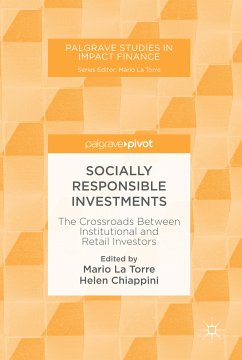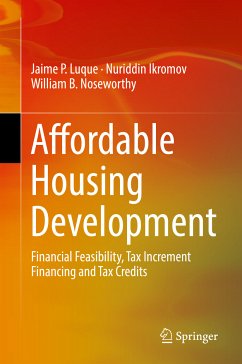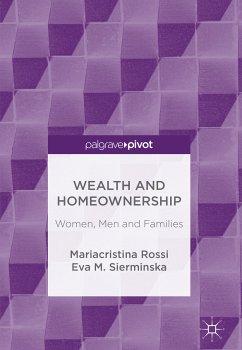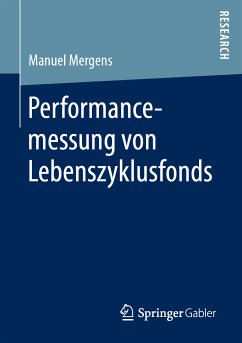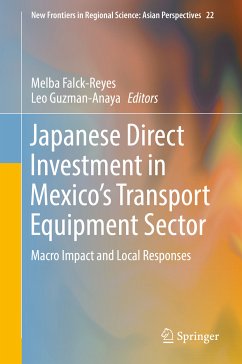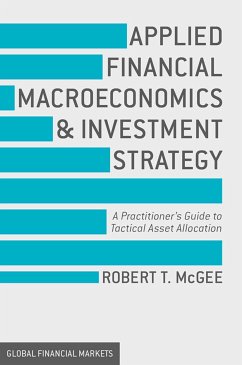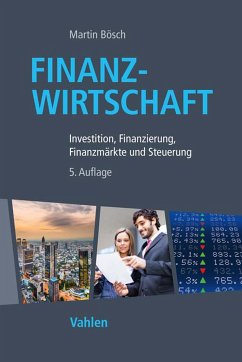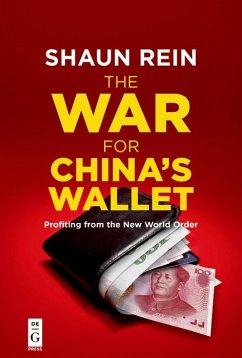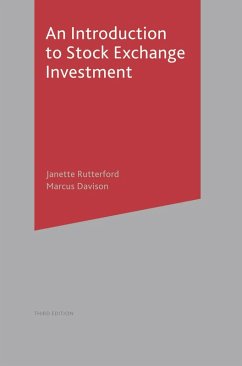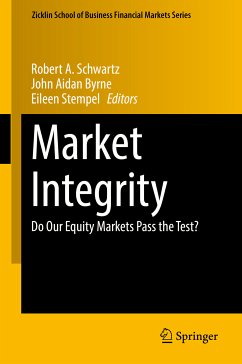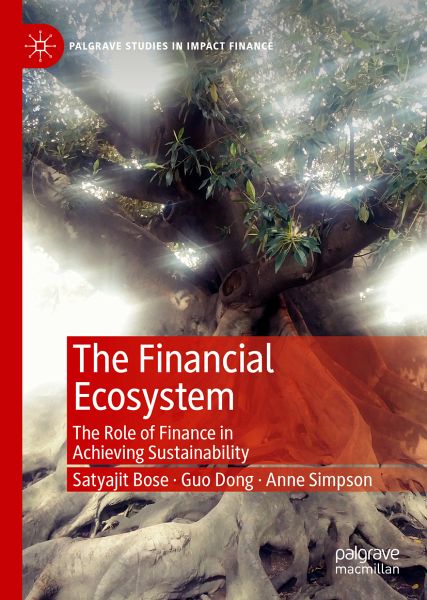
The Financial Ecosystem (eBook, PDF)
The Role of Finance in Achieving Sustainability
Versandkostenfrei!
Sofort per Download lieferbar
88,95 €
inkl. MwSt.
Weitere Ausgaben:

PAYBACK Punkte
44 °P sammeln!
Long term asset owners and managers, while seeking high risk-adjusted returns and efficiently allocating scarce financial capital to the highest value economic activities, have the essential and formidable role of ensuring the sustainability of return. But generally accepted financial accounting methods are ill-equipped to provide clear signals of the risks and opportunities created by scarce natural and human capital. Hence many investment managers in global financial markets, while performing due diligence on portfolio companies, examine metrics of non-financial performance, especially envir...
Long term asset owners and managers, while seeking high risk-adjusted returns and efficiently allocating scarce financial capital to the highest value economic activities, have the essential and formidable role of ensuring the sustainability of return. But generally accepted financial accounting methods are ill-equipped to provide clear signals of the risks and opportunities created by scarce natural and human capital. Hence many investment managers in global financial markets, while performing due diligence on portfolio companies, examine metrics of non-financial performance, especially environmental, social and governance (ESG) indicators.
Broken into three sections, this book outlines the rationale for and methods used in six areas where financial acumen has been harnessed to the goal of combining monetary return with long run sustainability. The first section offers an introduction to the role of finance in achieving sustainability, and includes an overview of the six areas-sustainable investing, impact investing, decentralized finance, conservation finance, and cleantech finance. The methods section of the book illustrates analytical tools and specialized data sources essential to those interested in increasing the level of social responsibility embedded in economic activity. The applications section describes and differentiates each of the six areas and their roles in advancing specific measures of sustainability.
Broken into three sections, this book outlines the rationale for and methods used in six areas where financial acumen has been harnessed to the goal of combining monetary return with long run sustainability. The first section offers an introduction to the role of finance in achieving sustainability, and includes an overview of the six areas-sustainable investing, impact investing, decentralized finance, conservation finance, and cleantech finance. The methods section of the book illustrates analytical tools and specialized data sources essential to those interested in increasing the level of social responsibility embedded in economic activity. The applications section describes and differentiates each of the six areas and their roles in advancing specific measures of sustainability.
Dieser Download kann aus rechtlichen Gründen nur mit Rechnungsadresse in A, B, BG, CY, CZ, D, DK, EW, E, FIN, F, GR, HR, H, IRL, I, LT, L, LR, M, NL, PL, P, R, S, SLO, SK ausgeliefert werden.
Alle Preise in Euro und inkl. der gesetzl. MwSt. | Innerhalb Deutschlands liefern wir preisgebundene Bücher versandkostenfrei. Weitere Informationen: bitte hier klicken
Support
Bitte wähle dein Anliegen aus:
Rechnungen
Bestellstatus
Retourenschein
Storno



